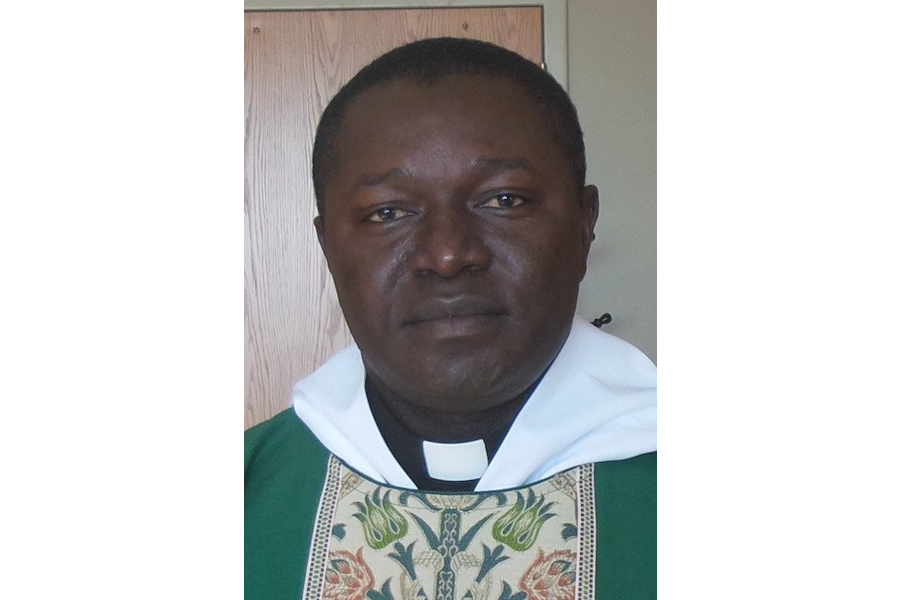‘Persecution has not stopped Christianity’ - Slain Nigerian priest's nephew sees hope amid grief
‘ It’s the same for all who believe in Jesus. We have to learn to forgive. We are believers in Jesus, and that is what Jesus went through in this life. He suffered, he was killed. And even at his dying moment, he cried out and forgave those who were k

Early Sunday morning, Fr. Isaac Achi was shot dead in his parish rectory in the central Nigerian state of Niger.
According to local police reports, the Catholic priest was killed when armed bandits invaded and set fire to the parish residence. Another priest was also shot, but was able to escape and seek treatment at a local hospital.
Nigeria is one of th…
